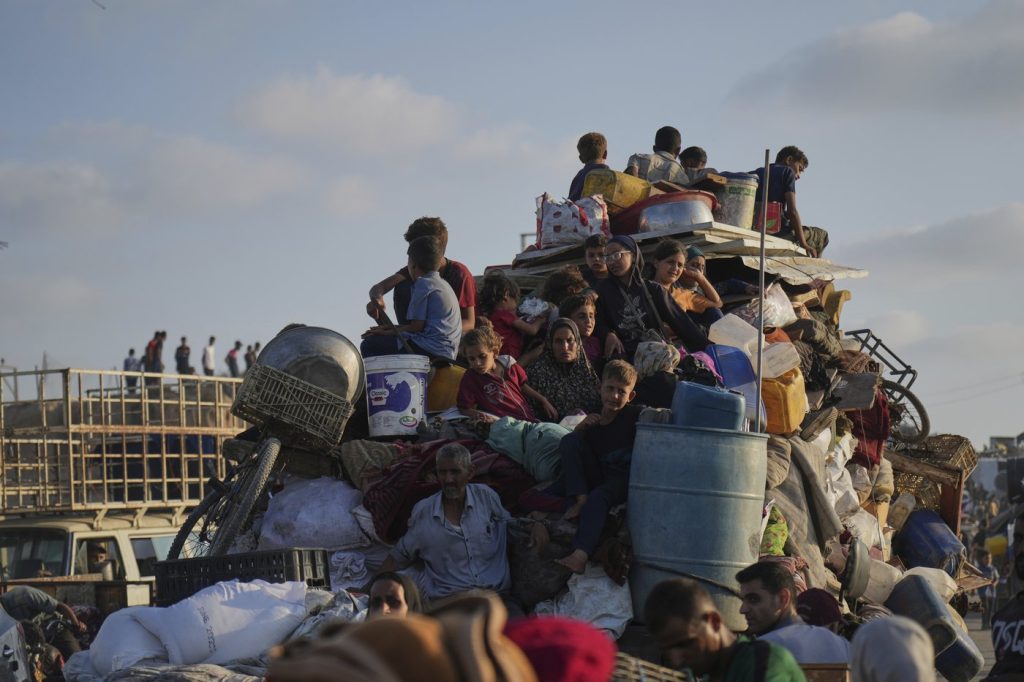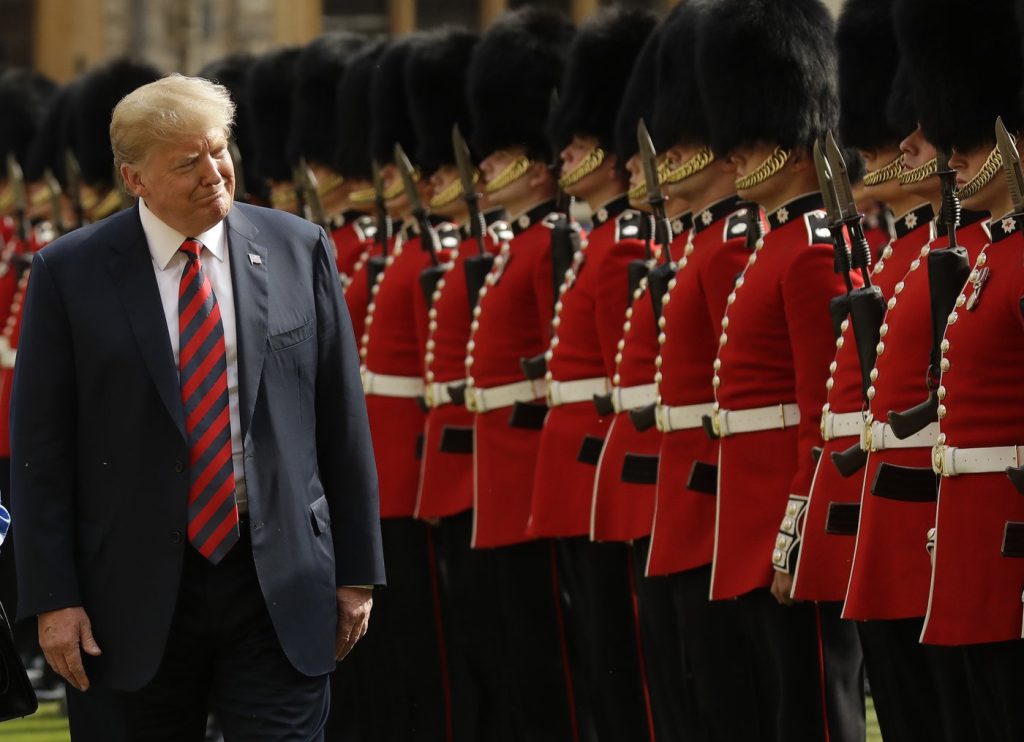JERUSALEM (AP) — Israel launched its offensive in Gaza City on September 16, 2025, as it sought to overwhelm a city already devastated by nearly two years of war. Thousands of Palestinians fled their homes, with vehicles overloaded with mattresses and belongings blocking the coastal road. The military operation into Gaza City, the largest Palestinian city, escalated an ongoing conflict that has destabilized the Middle East, making a ceasefire with Hamas increasingly elusive. While the military did not provide a timeline for the offensive designed to dismantle Hamas's fighting capacity, Israeli media suggested it could last several months.
Israeli Defense Minister Israel Katz declared that "Gaza is burning" as heavy bombardment commenced. Troops moved in from the outskirts, following weeks of preparatory airstrikes. This operation coincided with a report from independent experts commissioned by the United Nations Human Rights Council, which accused Israel of committing genocide in Gaza—a claim Israel dismissed as "distorted and false."
Among those affected by the violence, Saud al-Sakani mourned the loss of her daughter, son-in-law, and their children, who died when a strike hit their home, which was reportedly sheltering around 40 people. U.S. Secretary of State Marco Rubio, on a brief visit to the region, warned of a rapidly closing window for negotiating an end to the conflict.
Despite the ongoing military action, Prime Minister Benjamin Netanyahu received an invitation from President Donald Trump to visit the White House on September 29, after addressing the United Nations General Assembly. This visit would be Netanyahu's fourth since Trump's inauguration. In parallel, tensions spiked as missile attacks launched by Iranian-backed Houthi rebels in Yemen triggered rocket sirens in Jerusalem and Tel Aviv, further complicating the situation.
Israeli forces have conducted multiple raids in Gaza City throughout the conflict, leading to widespread destruction and displacement. However, Israel pledged to seize full control of the city this time. An Israeli military official, speaking on condition of anonymity, stated that the main phase of the operation had begun, with troops now engaged. An estimated 2,000 to 3,000 Hamas militants are believed to remain in Gaza City, along with a network of tunnels used by the group. Although Hamas's military capabilities have been significantly degraded, it continues to conduct guerrilla-style attacks.
Many Palestinians are fleeing Gaza City. Ismail Zaydah shared his experience of escaping from the Sheikh Radwan neighborhood to the coastal road, where organized transport costs around $1,000, an unaffordable sum for many families struggling with starvation. He mentioned the plight of displaced individuals who are forced to pitch makeshift tents in unhygienic conditions.
The Israeli military estimates that prior to the evacuation warnings, about 1 million Palestinians were in Gaza City, with around 350,000 believed to have left as of the current offensive. A U.N. report indicated that over 220,000 Palestinians fled northern Gaza over the past month, although many still remain in the area.
As the operation unfolded, Palestinian residents reported heavy bombardment across Gaza City, resulting in at least 69 deaths on Tuesday alone. Dr. Mohamed Abu Selmiya, the director of Shifa Hospital, described the bombing as relentless. Hospitals have received numerous casualties, with Al-Ahli Hospital documenting 17 bodies and Al-Quds Hospital reporting three fatalities.
The war in Gaza ignited on October 7, 2023, when Hamas-led militants infiltrated southern Israel, resulting in significant civilian casualties and hostages. Israel's ongoing offensive has reportedly claimed over 64,900 Palestinian lives, according to Gaza's Health Ministry, which notes that women and children constitute a significant percentage of the casualties.
Families of hostages taken by Hamas have been pleading with Netanyahu to halt the military operations, arguing that their loved ones' lives are at risk due to the ongoing airstrikes. Israeli authorities estimate that around 20 hostages are still alive, with Hamas demanding the release of Palestinian prisoners in exchange for their freedom. During his visit, Rubio emphasized the necessity of finding a negotiated resolution to the conflict, highlighting that time is becoming increasingly limited.
In his diplomatic activities, Rubio also acknowledged Qatar's role in facilitating negotiations for a ceasefire. His meetings came against the backdrop of recent tensions, following an Israeli strike that killed several Hamas operatives and a local security official in Qatar, provoking widespread condemnation from Arab nations but little substantive action against Israel.












